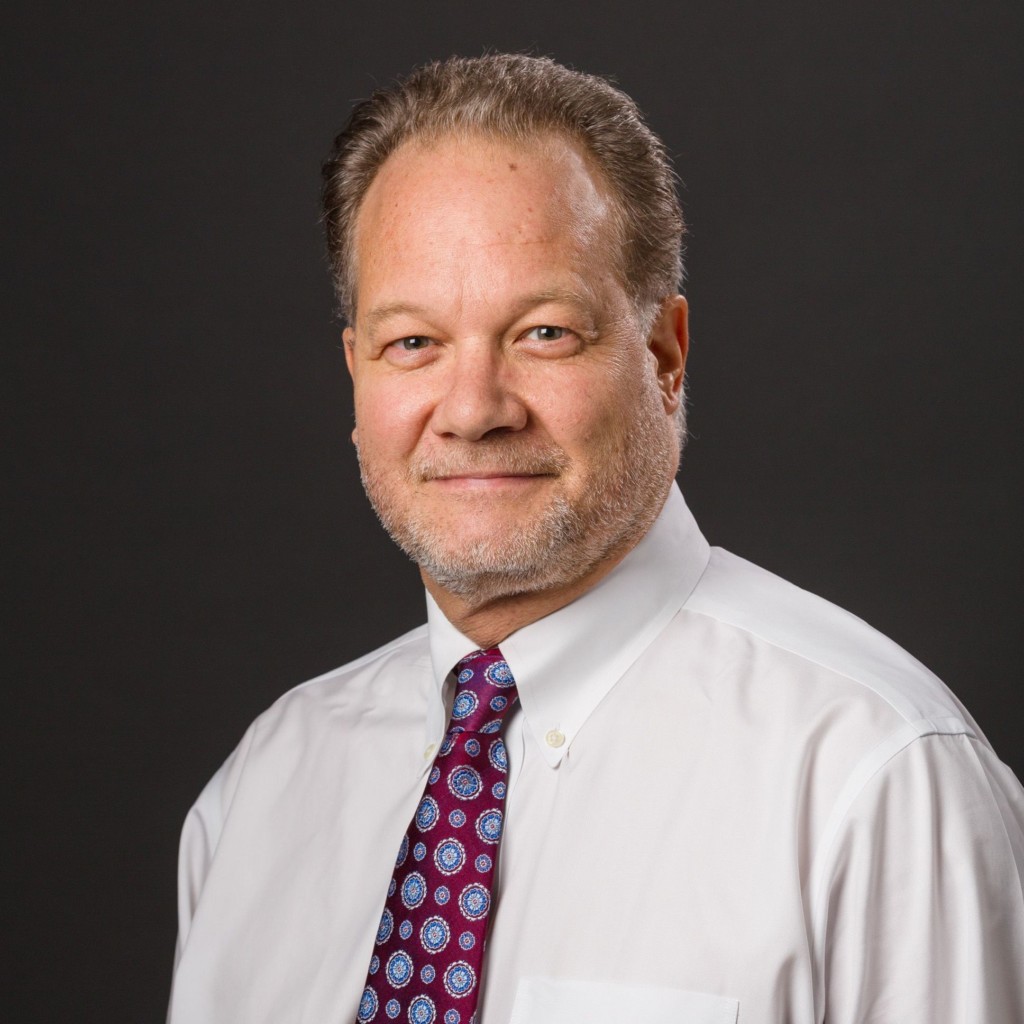Plus: Leadership moves, awards and more treatment industry news
By Mark Mravic
New & Next: Policy
Substance-Related Ballot Measures
Next Tuesday’s elections will determine the makeup of the U.S. House and Senate through the end of the current presidential administration, influencing the prospects of pending Congressional legislation, including a potential change in federal law regarding marijuana. At the state level, a number of measures specifically touching on substance use, treatment and recovery will be put to the vote.
- Five states—Arkansas, Maryland, Missouri, North Dakota and South Dakota—have ballot measures that would legalize recreational marijuana use. Arkansas and Maryland would allow the possession and use of cannabis for people at least 21 years old and create a tax and regulatory system for its sale. (Medicinal marijuana is already legal in Maryland, and possession of 10 grams or less is decriminalized.) In addition to legalization and regulation, the Missouri measure would allow people with certain marijuana-related convictions to petition to have their records expunged. The North Dakota and South Dakota measures, in addition to legalizing use for those 21 and older, explicitly permit individuals to grow small amounts of marijuana for personal consumption. Nineteen states and the District of Columbia have already legalized recreational cannabis.
- In Colorado, Proposition 122 would define certain psychedelic plants—including dimethyltryptamine (DMT), ibogaine, mescaline, psilocybin and psilocyn—as natural medicines and decriminalize their use, possession, growth and transportation for people 21 and older. The measure would create a Regulated Natural Medicine Access Program, in which licensed healing centers could administer natural medicines. Retail sales of the substances would not be permitted.
- In California, voters will decide whether to uphold a ban on flavored tobacco products, which was signed into law in August 2020 but has yet to be enacted. Within days of the law’s passage, the tobacco industry filed a “veto referendum,” and it compiled enough signatures to force the issue onto the ballot this year. Money has poured in to both sides: $35 million to uphold the ban, including more than $32 million from former New York City mayor and presidential candidate Michael Bloomberg; and $23 million to repeal the ban, including $19 million from tobacco makers R.J. Reynolds and Philip Morris. Polls suggest the ban will be upheld.
New & Next: People
Brightview Names New CMO

BrightView Health, which provides outpatient addiction services at nearly 100 facilities in nine states, has named R. Corey Waller, MD, MS, as its chief medical officer. Waller has more than two decades of experience in emergency and addiction medicine, as well as policy and research. He was previously managing director of Health Management Associates, a research and consulting firm, and is editor-in-chief of The ASAM Criteria, the primary handbook of guidelines for addiction care. Wall succeeds BrightView co-founder Shawn Ryan, MD, who has assumed the role of chief science officer and president of advocacy and external relations. BrightView offers medication-assisted treatment (MAT), individual and group counseling, peer support and wraparound and social services for people in recovery.
Michigan’s Berredge Recognized for Achievements in Addiction Science
The Association for Psychological Science has named Kent Berredge, PhD, of the University of Michigan as a recipient of the 2023 William James Fellow award, which honors lifetime contributions to the science of psychology. Berredge’s work focuses on understanding the neural mechanisms underlying emotion, motivation, learning and reward, seeking to answer questions such as how pleasure is generated in the brain, how rewards are learned, how fear relates to desire and what causes addiction. His seminal research determined that the neural circuitries mediating wanting and liking differed, laying the groundwork for interventions for conditions including gambling and substance and alcohol use disorder.
Fiellin to Helm Journal of Addiction Medicine

The American Society of Addiction Medicine (ASAM) has announced that David A. Fiellin, MD, will take over as editor-in-chief of the Journal of Addiction Medicine. Fiellin holds several positions at Yale University, including professor of medicine, emergency medicine and public health, and inaugural director of Yale’s Program in Addiction Medicine. His scholarly work has focused on improving access to and quality of care for substance use, especially in general healthcare settings.
“ASAM is proud to have Dr. Fiellin lead its scientific journal and looks forward to his shaping the future of addiction medicine research,” Nicholas Athanasiou, MD, MBA, ASAM Publications Council chair, said in a release. “With his expertise in research and education, combined with over 15 years of experience serving on the editorial boards of the Journal of Addiction Medicine, Journal of Substance Abuse Treatment, and Substance Abuse and serving as the co-editor of the newsletter, Alcohol, Other Drugs & Health: Current Evidence, he will skillfully guide the Journal of Addiction Medicine at a remarkable time for the field and publication.”
New & Next: Webinar
Implicit Memory and Connection in Addiction Treatment
NAADAC, the Association for Addiction Professionals, will host a live, interactive webinar, “Implicit Memory and Connection in Addiction Treatment,” on Nov. 9 from 3 to 4 p.m. ET. The session will explore the significance of building and maintaining connection in addiction treatment, examining early object relations development and how unremembered assumptions can impact relationships and lead to favoring substance use over intimate connections.
The session, led by Maire Daugharty, MD, LAC, is free, and participants can earn 1 CE credit. Register here.
Top photo: Joshua Woroniecki













